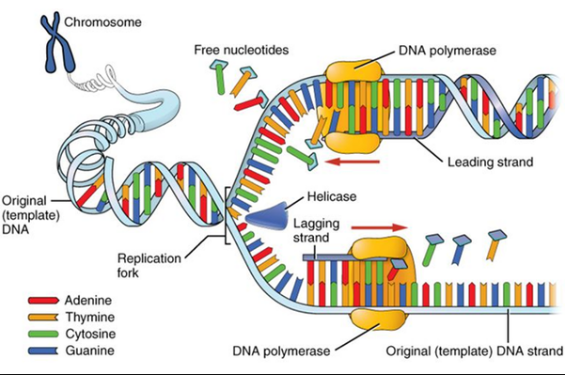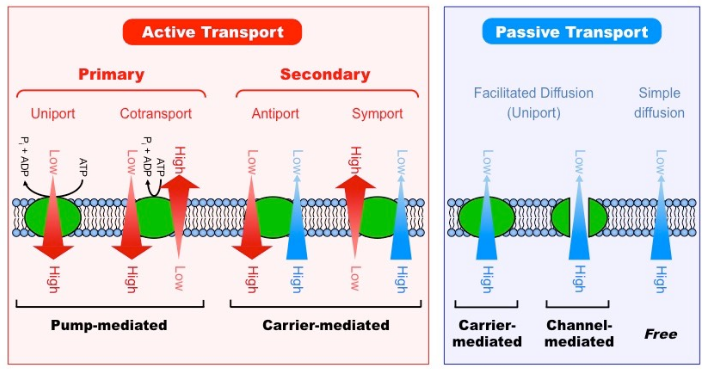Difference Between Bryophytes And Pteridophytes [American Edition]
What Are Bryophytes? Bryophytes are a group of plant species that reproduce via spores rather than flowers or seeds. Most of bryophytes are found in damp environments and lack specialized water-conducting tissues. Examples of bryophytes include: liverworts, the mosses and hornworts. Many bryophytes usually have the following characteristics: The sporophytes of bryophytes are unbranched, producing … Read more









